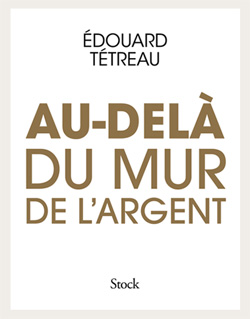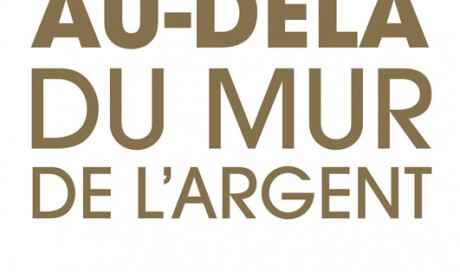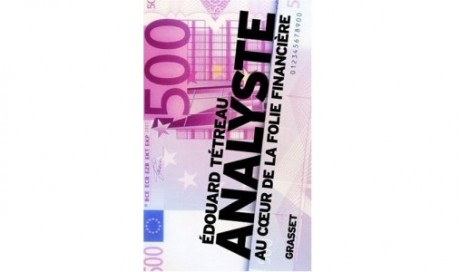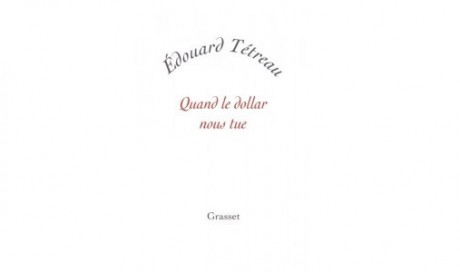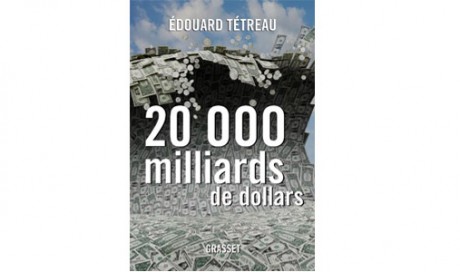- 99 Views
- 0 Comment
- No tags
“The reality of the situation, is that today, the Guardians of the Islamic Revolution fight the Iraqis with the help of American drones.” Last week, during the annual conference of the European Council on Foreign Relations in Rome, Turkish Prince Al Faisal, former director of the Saudi Secret Service Agency, put his finger on the danger of the Obama administration’s diplomacy. Today, this diplomacy is definitely mistaken. The withdrawal of American troops in Iraq precipitated a new opportunity for jihadist terrorism or a target choice for his annexation by Iran. Barack Obama’s complete one-eighty on Syria, a few hours before American and French shooter planes were supposed to give the death-blow to Bachar el Assad’s assassin regime, had tragic consequences. Aside from the consolidation of that regime, the move also sent an unequivocal sign to Mr. Putin that he could annex Crimea, and maybe tomorrow, all or part of Ukraine, without worrying about the retaliation of the American power, that has other more domestic priorities. We took note notably in the Sea of Japan of this change in position.
Such is the irony of the present: to get along with the Obama administration, from Asia to European bank affiliates in New York, it is better to be a declared an American adversary, such as Iran, instead of its ally. Facing such a diplomatic assessment, Europeans have a new priority: “Save Private Obama!” We have to save, not only Obama, the soldier, but also the track-record of the administration, who would miss John McCain or Mitt Romney, who would have been more concerned about American allies. Yet, a historical occasion will appear: The last two years of the Obama administration, after the mid-term elections in November 2014, will coincide with the first years of the new European Commission, which will have more democratic legitimacy and political authority than the hardly missed Barroso Commission. This new Commission, soon led by Jean-Claude Juncker–candidate of the European Parliament, has to put the development of a transatlantic Partnership high on its agenda. This partnership between the United States of America and the European Union, if it really is one, has the potential to revive trade, investments, jobs, and the strategic relationship between the two entities today carrying 45% of global GDP, either four times that of China or nine times that of Brazil and India combined.
This is a historic opportunity and an attainable success on one condition: everything is on the table. Not only some sectors of the economy, meeting 20th century standards, such as in today’s limited discussion of TTIP (the European Union’s 5 position papers about today’s textile, chemistry, cars, pharmaceuticals, and cosmetics), but all the elements that constitute a partnership for the 21st century. The preliminary works of experts involved in this rotation for the last year will not result in anything if the discussion is not expanded beyond agriculture, industry, and energy (already taken into account in the TTIP) to include four defining sectors of our century: digital technology, currency, financial services, and defense and intelligence tools.
Which European leader today will accept to open a discussion with the United States, if the question of the dollar is not addressed, while the currency continues to be dumped on global markets (quantitative easing)? And when the dangerous ambiguity of this domestic currency, moreover the global reserve currency, has just been demonstrated in the BNP Paribas matter, and the abusive use of the American exterritorial laws? Which leader in Brussels, Paris, Rome, or Berlin, would dare to admit that being excluded from financial service negotiations, while the impasses and dangers of American banking, financial, and accounting regulations failed to shake the global financial system with the subprime crisis skillfully aired in the whole world? Who, in Europe, would accept that the digital platforms that will represent the crux of our GDP in the next decades, that overwhelm our society today, put our private lives in danger, influence our democracies, remain private about some American monopolies that work in close collaboration with the American Secret Services, who are not so willing to share their information with their counterparts on the European continent? Finally, on the question of defense, who, exactly, in Europe, can continue to trust the unilateral functioning of NATO, with the current events in Ukraine, and the one-eighties of the American administration, described above?
The time has come to put everything on the table and not to pretend, as was often the case with the Obama administration, notably in the finance sector– we will soon come to the total absence of concrete results of the G20 rotations.
This transatlantic partnership, if its true aim is to share these defining sectors between the United States and Europe, has an extraordinary potential to secure our economies and our occidental societies in the dangerous 21st century world– one of Mr. Putin and of jihadist terrorism. And to give, notably to new generations, employment prospects that they severely miss. We can imagine everything. But let us not forget that in the end, if this partnership fails, because America will have not known to get rid of its unilateral domination reflexes, Europe, obliged to come together, should only count on its own strengths, notably in defense, and turn toward alternative partnerships, in Africa, in the Middle East, and in Asia.
OUR RECENT
WORKS
-
20000 Milliards de…Book
Warning: Invalid argument supplied for foreach() in /home/edouardt/www/wp-content/themes/edtetreau/includes/part-portfolio.php on line 54
Warning: Invalid argument supplied for foreach() in /home/edouardt/www/wp-content/themes/edtetreau/includes/part-portfolio.php on line 54
Warning: Invalid argument supplied for foreach() in /home/edouardt/www/wp-content/themes/edtetreau/includes/part-portfolio.php on line 54


